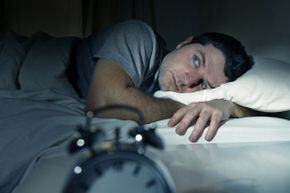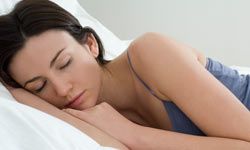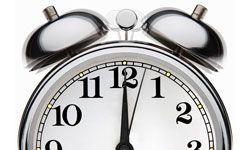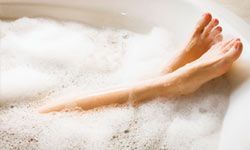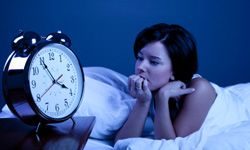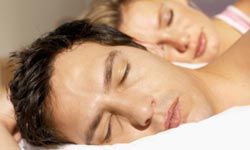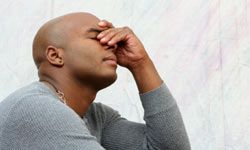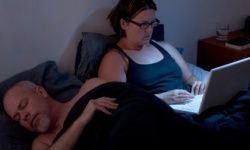You know the story: It's 5:00 A.M., and the first traces of dawn have begun to appear in the nighttime sky. You've been awake since 2:00 A.M. and are beginning to feel hopeless. How will you function at work tomorrow (make that today)? How will you cope with your presentation at the board meeting? How will you make it through another day after yet another night without sleep?
Adults need an average of seven to nine hours of sleep a night, but insomnia can keep them from getting the sleep they need. Insomnia is the most common sleep disorder in North America and Europe. A whopping one-third of the U.S. population cannot sleep well enough to function well during the day. Half of those people have only one or two bad nights a week. The other half spend countless sleepless nights tossing and turning, feeling miserable. They also spend countless days exhausted.
Advertisement
Insomnia can have a significant impact on your health. People with insomnia are
- Four times more likely to be diagnosed with depression.
- More likely to have a serious illness, including heart disease.
- More likely to have an accident on the job, at home, or on the road.
- More likely to miss work and accomplish less on the job than well-rested coworkers.
Insomnia is also one of the least-understood sleep disorders. However, sleep experts have come up with many tried-and-true ways to relieve insomnia. The results of their work appear in the remedies on the next pages. Try them out, and see what works for you.
If they don't help, consult your doctor for a recommendation for a sleep clinic near you, or contact the National Sleep Foundation (www.sleepfoundation.org or 202-347-3472) for a referral to a sleep specialist.
But you may be surprised at the simple steps you can take to get a good night's sleep. Move on to the next page to learn home remedies to treat insomnia.
